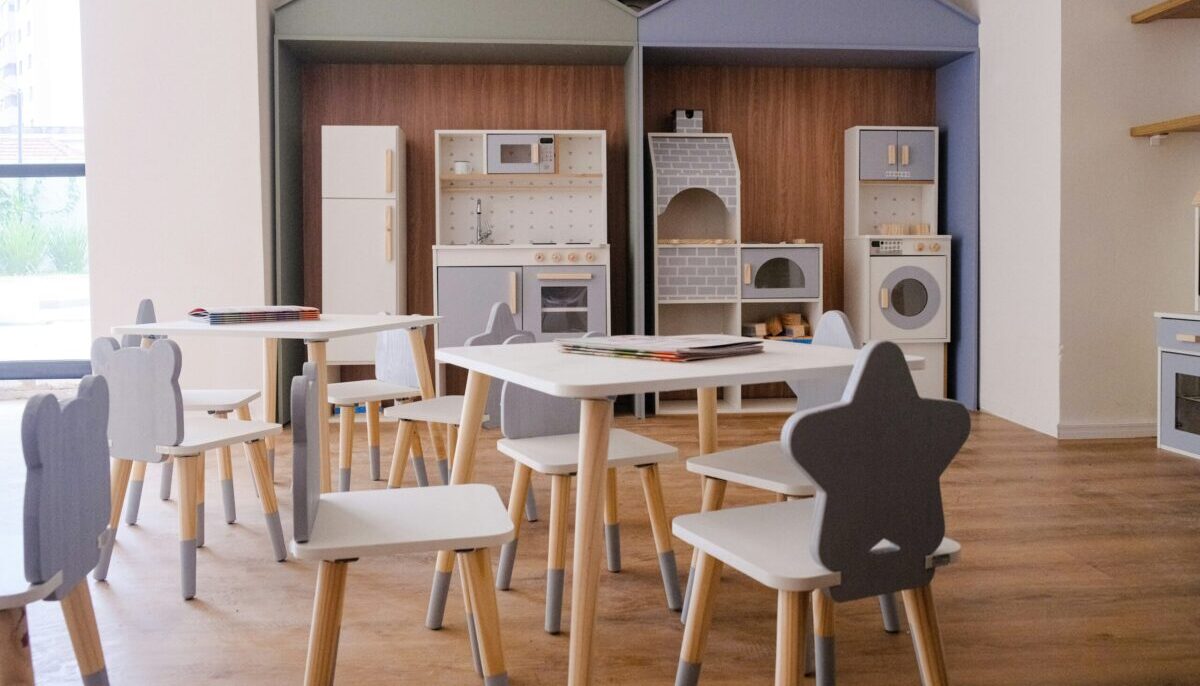Any elementary school or children’s Sunday School teacher can tell you they know much more about your personal family life than you might realize.
Kids are keen observers of everything going on around them, even if they don’t seem to be paying attention.
It can be shocking to think you are having a private conversation while the children play, only to later have one or more of the kids announce part of the discussion (typically out of context) in a public setting.
They see and hear — and then either internalize or act out in some way.
They sense the emotions of those around them — and again, internalize or act out.
Processing their environment also means sharing it with others when they feel safe, which many times happens in the classroom in the form of basically blurting out what’s on their minds.
The classroom structure and time limitations prevent teachers from having the opportunity to help each child with thorough and situation-appropriate processing. Sometimes the child attempts to make sense of it all within his or her own mind without talking it out with a trusted adult.
Ideally, children can process with their parents and grandparents and have the security in their home life for this step. This isn’t always the case, however.
Pressures
Life pressures, health issues, packed schedules, school and work responsibilities, and basic exhaustion can edge out the time and mental space needed to be fully present for our family members. Families who are barely surviving day to day have another layer of difficulty piled on top.
Still, even with the roughest of situations, a few minor tweaks such as minimizing harsh comments, complaining and pessimistic reactions can truly make a difference.
As we head into Easter week, we have the perfect opportunity to intentionally pull away from the negative influences in our lives to not only focus more on Christ but also to evaluate how we can continuously point our families and friends to Christ.
Building in spare time with nothing specific on the agenda allows for spontaneous conversations to occur.
If carried out with calmness and respect, those discussions can help all of us — especially the children in our lives — develop critical thinking skills as well as processing and communication skills.
Those simple moments might also take those involved to the next level of their faith journey. We will never know what is possible unless we give it a try.
Spending the next 10 days or so more focused on calming and edifying content, scheduling extra time for family and friends, and purposefully looking for God’s hand in each situation will do more for your heart, health and overall influence than you realize.
Investing in your own life’s margin also allows you a special opportunity to positively influence the next generation.










